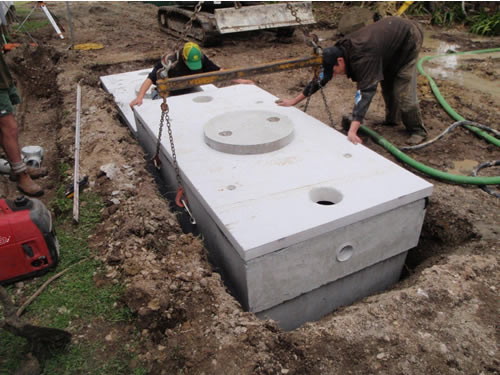
23
When looking for a septic tank, one of the most important things to do is decide what type you want to have installed. Most modern septic tanks are either plastic or concrete. Depending on the needs of your home or business and its environment, each type of septic tank has its advantages and disadvantages. Follow this guide and consult with your septic company on which septic tank is best suitable for you.
The price of a septic tank is a major concern for many homeowners. Plastic septic tanks are a good option if you want something affordable. Concrete tanks are more expensive to purchase than plastic tanks. If you buy a concrete tank, you can expect to spend at least a few hundred dollars more on average. If you choose a plastic tank, you'll probably save a little money on repairs because they're easier to fix. A concrete tank will continue to cost more than a plastic tank after its lifespan has expired. When they stop functioning, the removal and disposal of concrete tanks can be quite expensive.
Plastic may be a better option if you want a straightforward installation of your septic tank. Concrete tanks typically require more expertise and take longer to install due to their intricate design and heavier weight. Plastic tanks may be easier for homeowners to install because concrete tank installation can be a little disruptive. Also, think about the difficulties of getting the tank to your property. Because concrete tanks are so heavy and bulky, it takes specialized equipment to move them. It may be significantly simpler to transport a plastic tank to your residence if you live in a remote area with challenging roads.
A concrete septic tank lasts much longer than a plastic septic tank does. A plastic septic tank typically lasts around 30 years, whereas a concrete tank can last up to 40 years. Plastic is more susceptible to environmental changes, which contributes to its shorter lifespan. A plastic tank can break due to soil vibrations or growing tree roots, whereas a concrete tank is not affected. As a result, plastic tanks frequently require more maintenance than concrete tanks. Concrete tanks are also stronger, so they are less likely to break if heavy machinery rolls over them.
Regardless of which septic tank you have, maintenance is important if you want your septic tank to have a longer lifespan. This includes having regular septic tank pumping and septic inspection. Septic tank pumping should be done every 3-5 years or as frequently as needed.
The advantages and disadvantages of concrete tanks and plastic tanks are roughly equal. That may or may not assist you in making a decision, but you can always seek guidance from a reliable septic company like Charlotte Septic Pros. Plastic is preferred by the majority due to its lower cost, simpler installation, and simpler maintenance, but this may not always be the case. Concrete might be a better choice if money isn't a big issue or if you're installing in a place with a lot of environmental concerns. Each household has its own needs, so select what’s suitable for you.
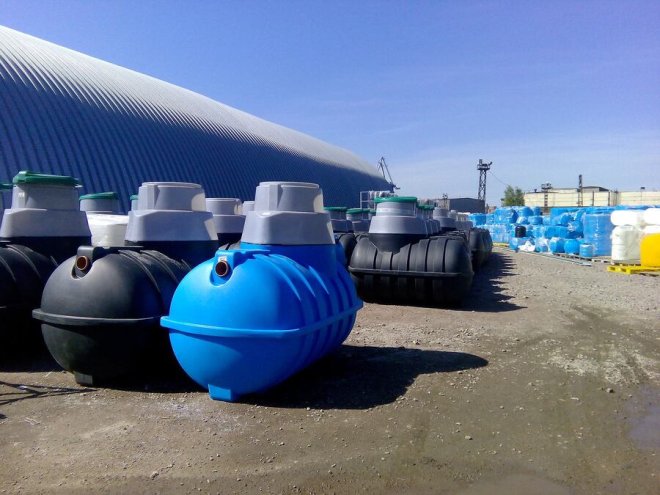
28
How to Prepare for Septic System Installation Installing a septic system is a major investment for any property that lacks…
Read more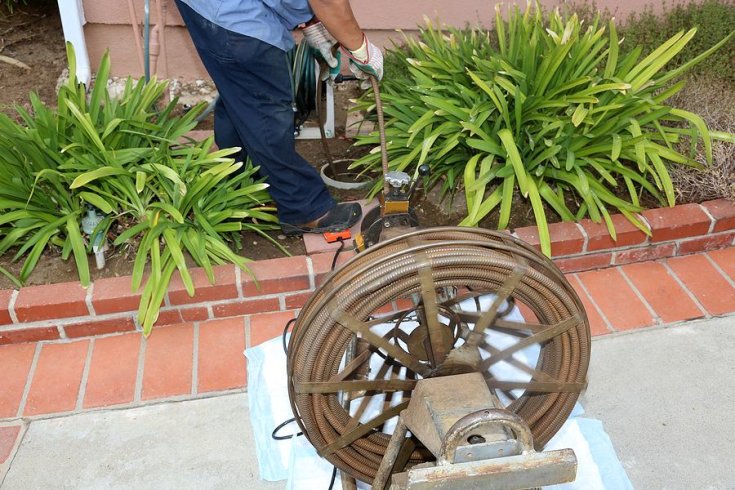
20
How Main Drain Cleaning Can Prevent Sewer Backups Sewer backups are one of the most unpleasant plumbing emergencies homeowners can…
Read more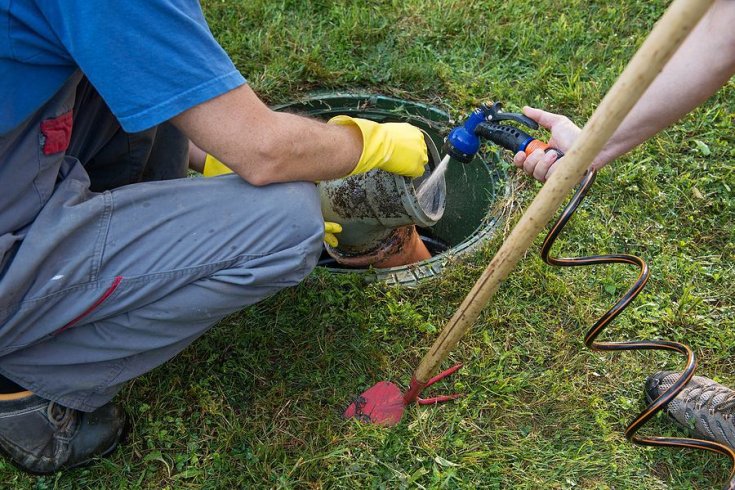
13
What to Do When You Have Drainage Problems Drainage problems can be frustrating and cause serious damage if left untreated.…
Read more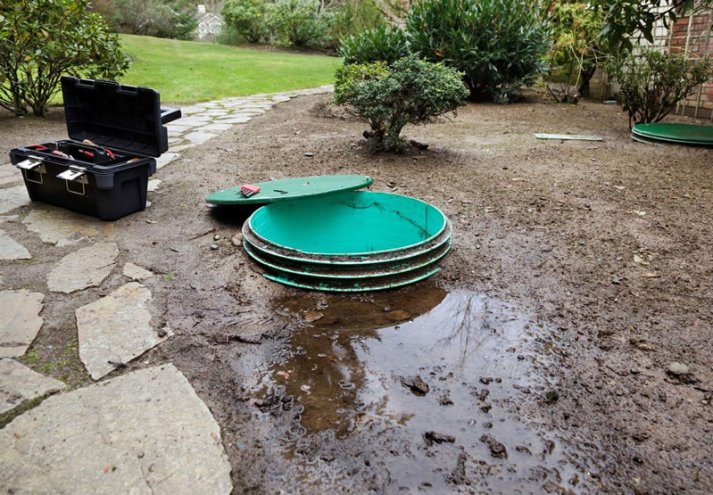
04
Signs and Causes of Septic Leaks A leaking septic system can pose serious health and environmental risks. If left untreated,…
Read more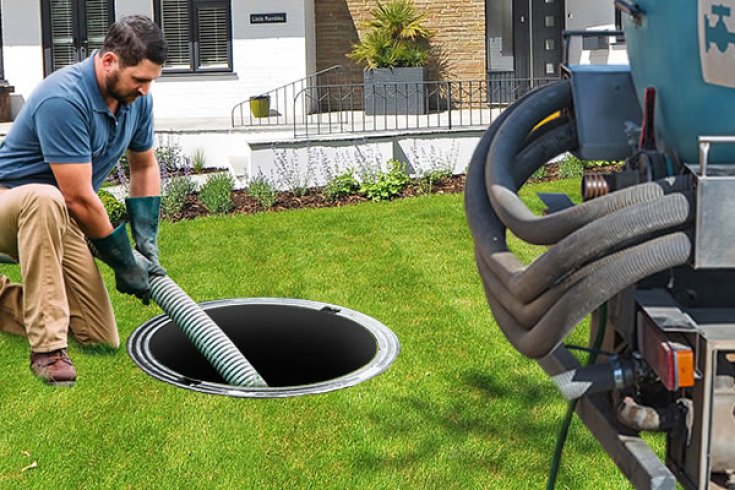
02
Unusual Septic Tank Blockages: Keeping Your Septic System Healthy A properly functioning septic system is crucial for any home or…
Read more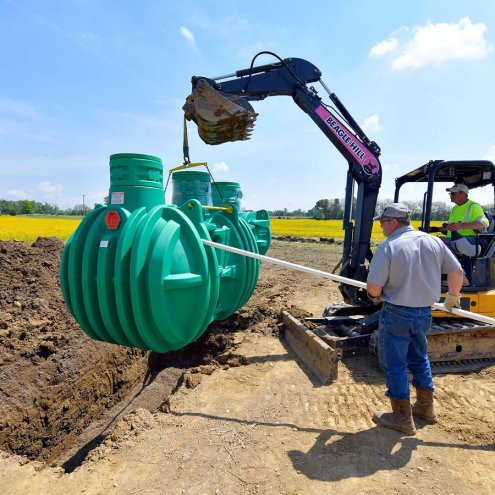
23
Seasonal Weather and Septic Systems Tank Your septic system plays a vital role in managing household wastewater, but seasonal weather…
Read more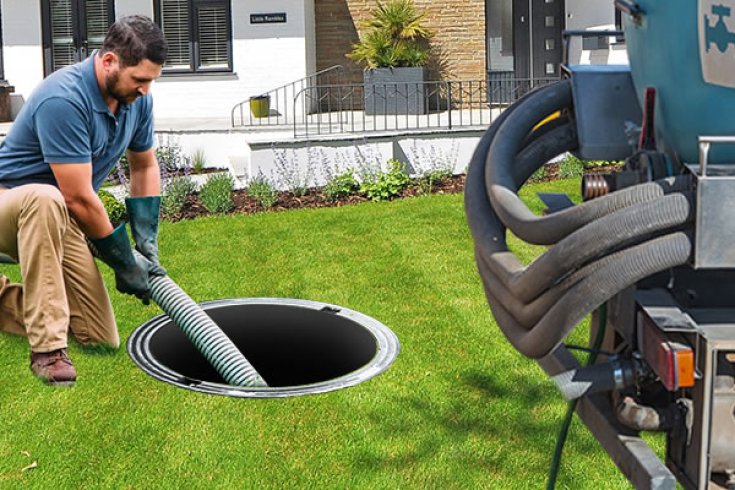
15
Why Toilet Paper Matters to Your Septic Tank Many homeowners don’t give much thought to their toilet paper—until it starts…
Read more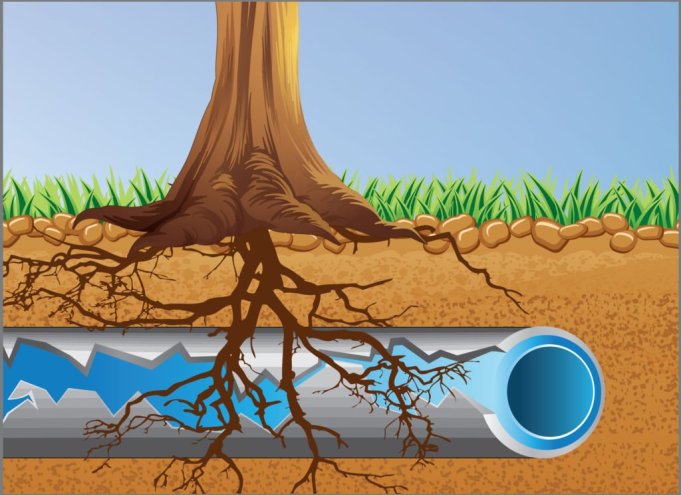
21
Tree Root Infiltration of Septic Systems We love the trees in our yards and in our environment. Just by looking…
Read more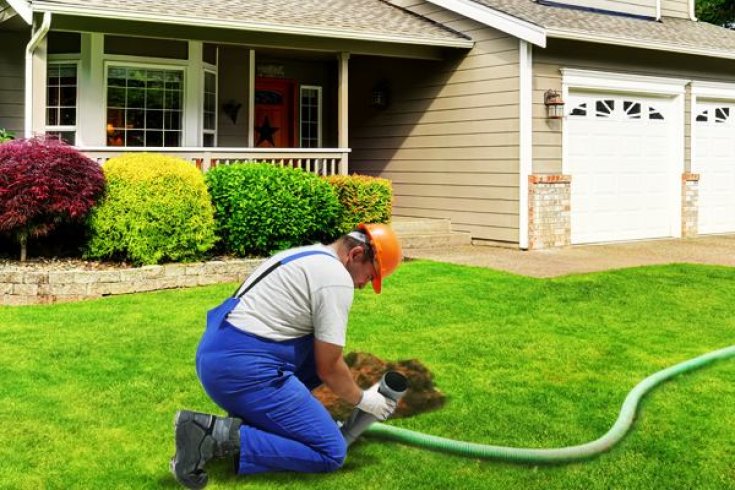
12
Preparing Your Pipes & Drains for the Winter With winter on the horizon, homeowners need to implement specific measures to…
Read more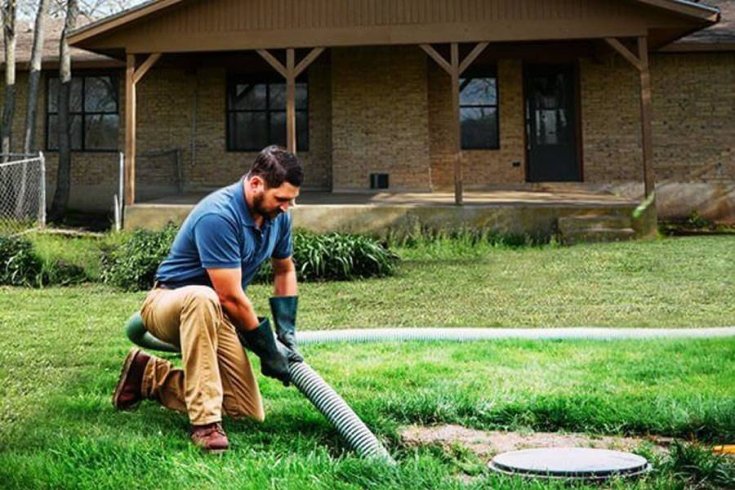
05
Buying a New Home? Invest in a Septic System Inspection When purchasing a new home, many buyers focus on visible…
Read more